State fairs are an end-of-summer tradition and a national institution in America. State fairs delight young and old alike – games, rides, entertainment, and food booths!
However, while having fun – it is important to make some basic food safety observations – so as to prevent a foodborne illness.
Warmer weather, cooking outdoors, and part-time vendors increases the chance of bacteria multiplying on or contaminating food that can make you sick.
Temporary food vendors also pose a risk. They are often part-time cooks and may not have a complete knowledge of proper food safety practices or procedures – or may never have taken a food safety training course – thus increasing the chance of improperly handling food.
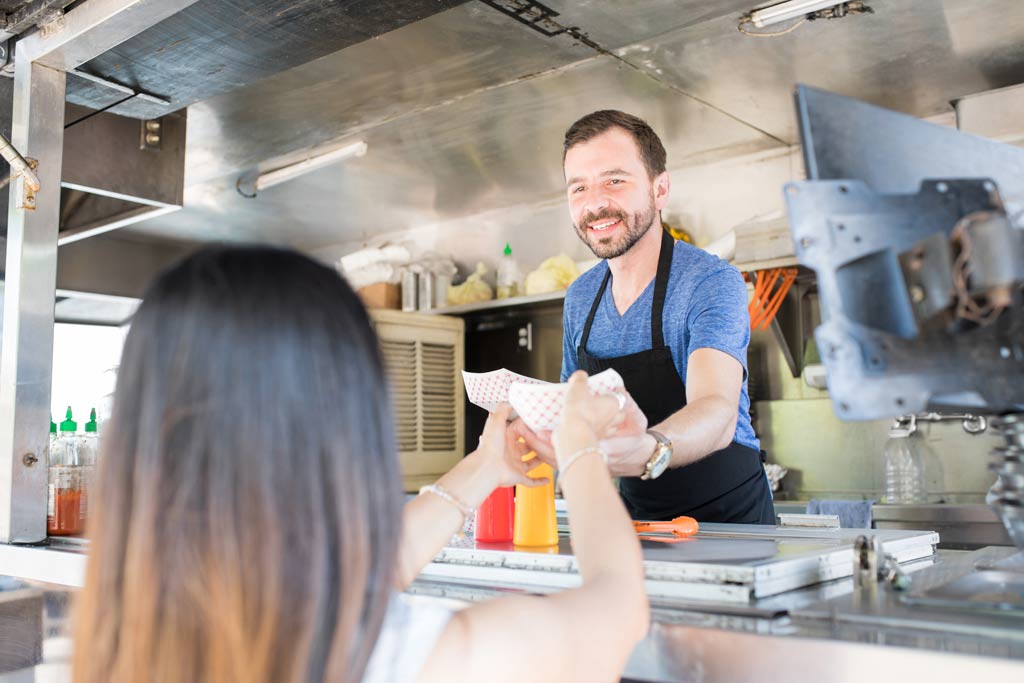


Warmer Temperatures and Lack of Indoor Safety Controls
Foodborne illnesses increase during the summer because not only does bacteria multiply faster in warmer temperatures, but preparing food outdoors makes safe food handling more challenging.
- Learn about proper hygiene, cross contamination, cold and hot food safety, foodborne pathogens, and best practices to prevent foodborne illness.
- Food Manager Training & ANSI Certification - $99.00
- Food Handler Training - only $7.00!
- HACCP Training: 16hr/4hr/1hr
- Food Allergy Training - $15.00
- Enter Promo "train10off" at Checkout
The usual safety controls that a kitchen provides, like monitoring of food temperatures, refrigeration, workers trained in food safety and washing facilities, may not be available when cooking and dining at fairs and festivals – which can lead to food illness.
Requirements differ by state, but in general, temporary and mobile food vendors should take a food handler training course.
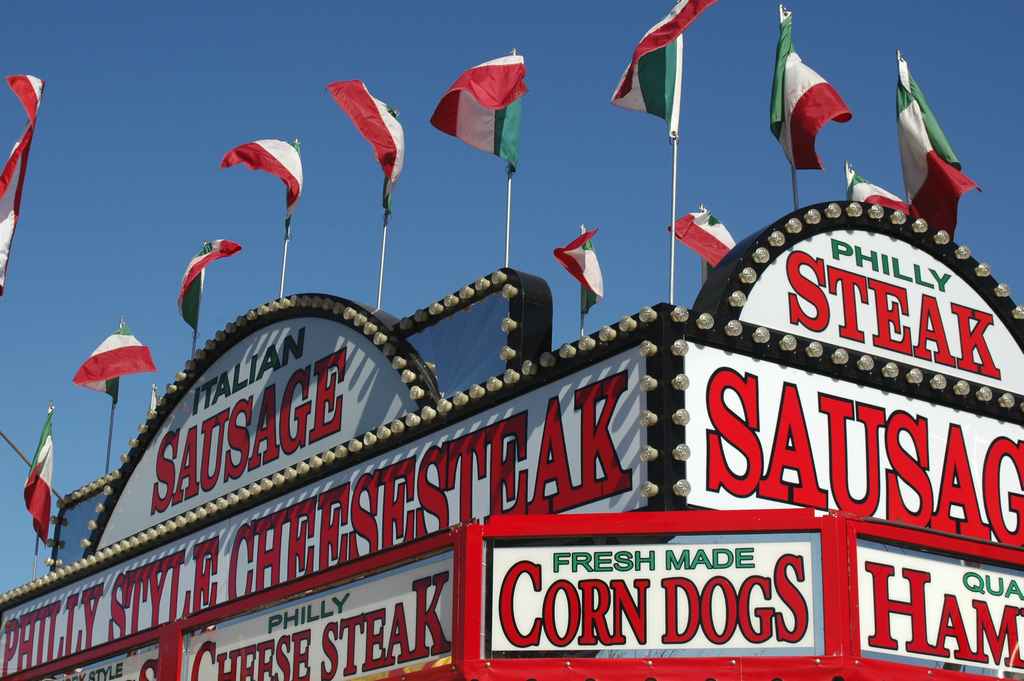


Food Safety Observations of Food Vendors
- Does the vendor have a clean/tidy workstation?
- Does the vendor have a sink for employees to wash their hands?
- Do the employees wear gloves or use tongs when handling food?
- Does the vendor have refrigeration on site for raw ingredients or pre-cooked foods?
- Has the vendor been inspected? Is a recent inspection report available? Requirements vary by state, but in general temporary and mobile vendors, like those at fairs and carnivals, should have a license to sell food and beverages in a particular state or county for a specific time period. You can check with the local health department to see if the vendors are licensed and if a food inspection has been completed.
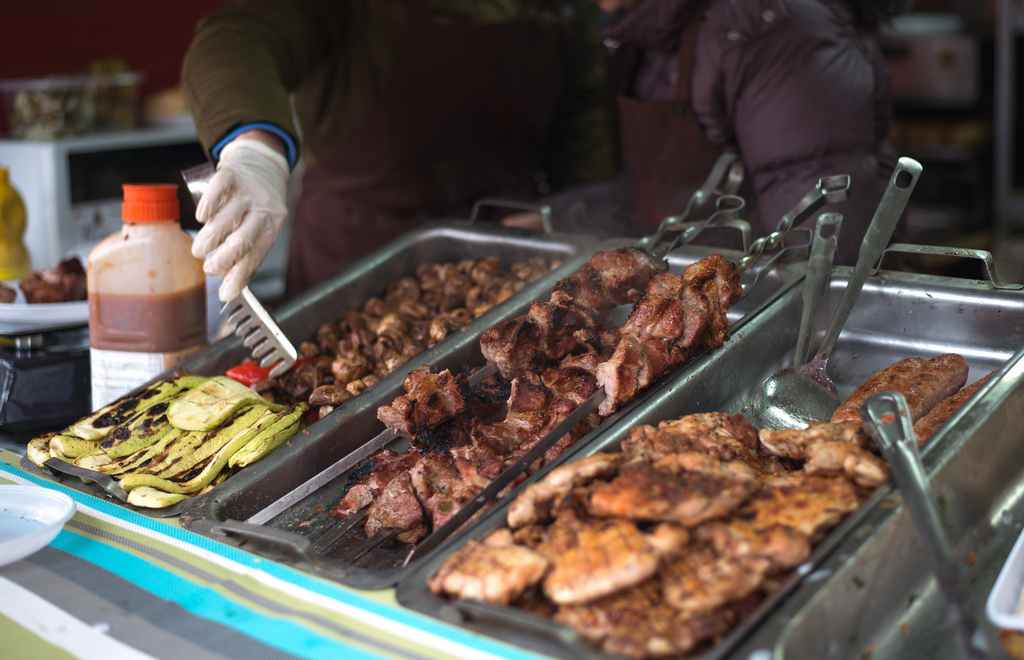


Left-Overs – 2 Hour Rule
If bringing food from home, what are proper food handling and storage practices?
If you bring food to a fair or festival from home, be sure to keep food handling and storage times in mind. Don’t let food sit out for more than two hours. On a hot day (90°F or higher), reduce this time to one hour. Be sure to put perishable items in a cooler or insulated bag.
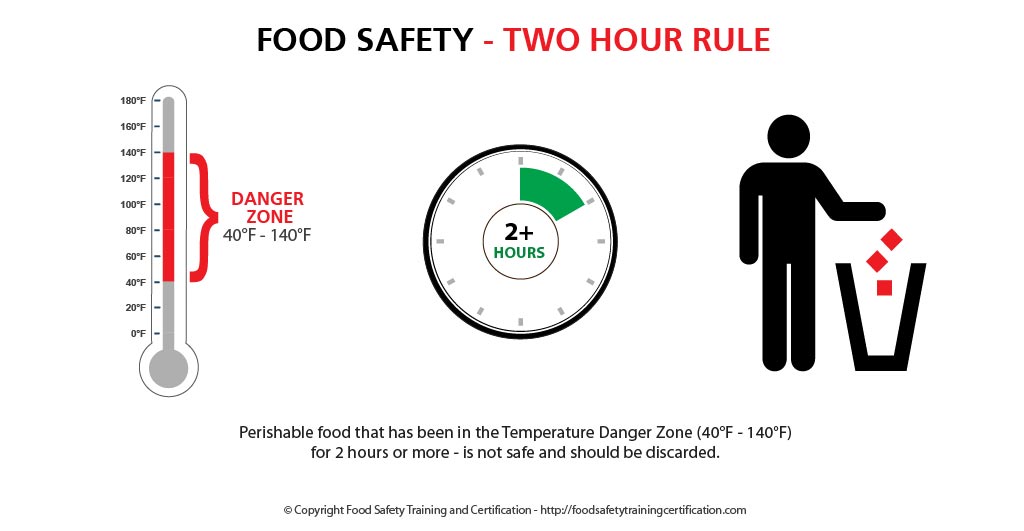


Keep Hands Clean
- Find out where hand washing stations are located.
- Always wash your hands right after petting animals, touching the animal enclosure, and exiting animal areas – even if you did not touch an animal.
- Always wash hands after using the restroom, after playing a game or going on a ride, before eating and drinking, before preparing food or drinks, after changing diapers, and after removing soiled clothes or shoes.
- Bring hand sanitizers or disposable wipes in case there aren’t any places to wash your hands.
- Wash your hands with soap and clean running water for at least 20 seconds.
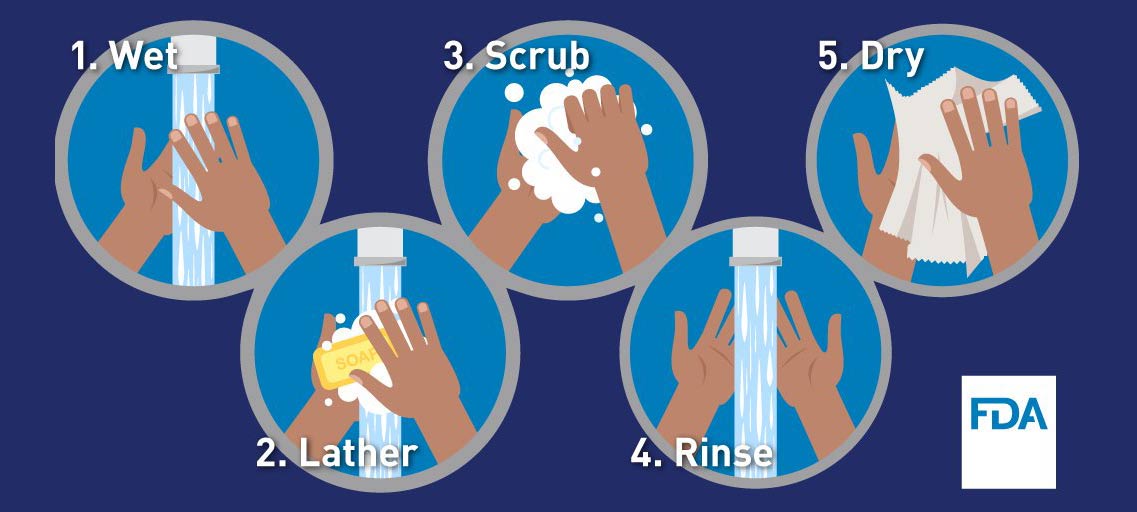


Report an Illness
Anytime you think you may have gotten a foodborne illness, report it to your local health department, even if you have already recovered.
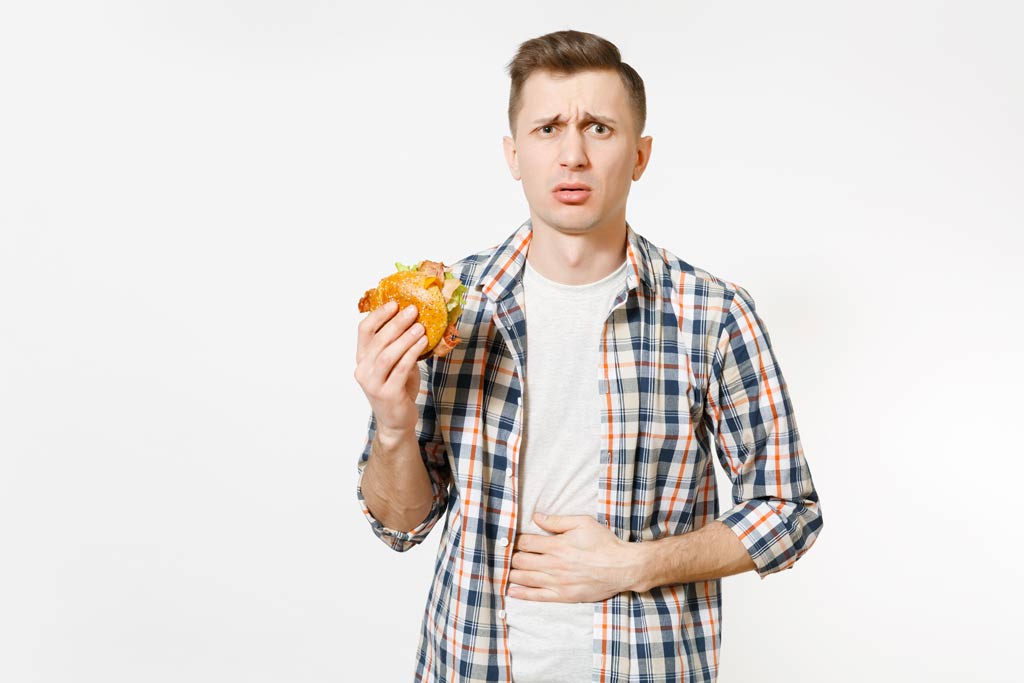


The local public health department is an important part of the food safety system. Often, calls from concerned citizens are how outbreaks are first detected. If a public health official contacts you to find out more about an illness you had, your help is important.
Now you’re on your way to a safe and healthy fair season!
State Fair Directory
State fairs, originally held to celebrate the harvest, have grown into enormously popular events.
Below you will find a list of state fairs and their 2019 dates:
- Alabama National Fair
October 4 – 14, 2019 - Alaska State Fair
August 22 – September 2, 2019 - Arkansas State Fair
October 11 – 20, 2019 - Arizona State Fair
October 4 – 27, 2019. Closed Mondays and Tuesdays. - California State Fair
July 12 – July 28, 2019 - Colorado State Fair
August 23 – September 2, 2019 - Connecticut Fairs
Multiple Dates - Delaware State Fair
July 18 – 27, 2019 - Florida State Fair
February 6 – 17, 2020 - Georgia National Fair
October 3 – 13, 2019 - Idaho State Fair
August 16 – 25, 2019 - Illinois State Fair
August 8 – 18, 2019 - Indiana State Fair
August 2 – 18, 2019 - Iowa State Fair
August 8 – 18, 2019 - Kansas State Fair
September 6 – 15, 2019 - Kentucky State Fair
August 15 – 25, 2019 - Louisiana State Fair
October 24 – November 3, 2019 - Maine State Fair
August 8 – 17, 2019 Skohegan
July 25 – August 3, 2019 Bangor - Maryland State Fair
August 22 – September 2, 2019 - Massachusetts State Fair
September 13 – 29, 2019 - Michigan State Fair (Upper Peninsula)
August 12 – 18, 2019 - Minnesota State Fair
August 22 – September 2, 2019 - Mississippi State Fair
October 2 – 14, 2019 - Missouri State Fair
August 8 – 18, 2019 - Montana State Fair
July 26 – August 3, 2019 - Nebraska State Fair
August 23 – September 2, 2019 - New Hampshire State Fair
August 30 – September 2, 2019 - New Jersey State Fair
August 2 – 11, 2019 - New Mexico State Fair
September 5 – 15, 2019 - New York State Fair
August 21 – September 2, 2019 - North Carolina State Fair
October 17 – 27, 2019 - North Dakota State Fair
July 19 – 27, 2019 - Ohio State Fair
July 24 – August 4, 2019 - Oklahoma State Fair
September 12 – 22, 2019 - Oregon State Fair
August 23 – September 2, 2019 - Pennsylvania Fairs
Multiple Dates & Locations, 2019 - South Carolina State Fair
October 9 – 20, 2019 - South Dakota State Fair
August 29 – September 3, 2019 - Tennessee State Fair
September 6 – 15, 2019 - Texas State Fair
September 27 – October 20, 2019 - Utah State Fair
September 5 – 15, 2019 - Vermont State Fair
August 13 – 17, 2019 - Virginia State Fair
September 27 – October 6, 2019 - Washington State Fair
August 30 – September 22, 2019 (closed Tuesdays and September 4) - West Virginia State Fair
August 8 – 17, 2019 - Wisconsin State Fair
August 1 – 11, 2019 - Wyoming State Fair
August 13 – 17, 2019






